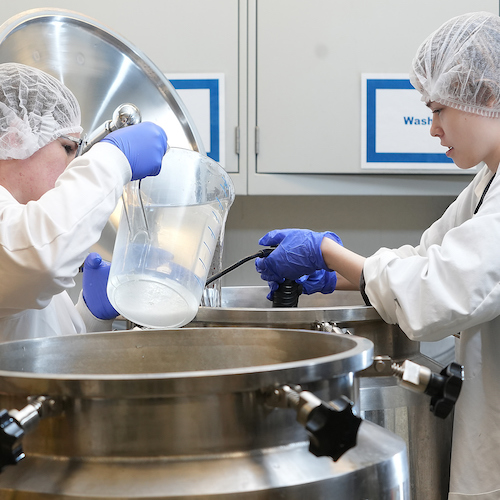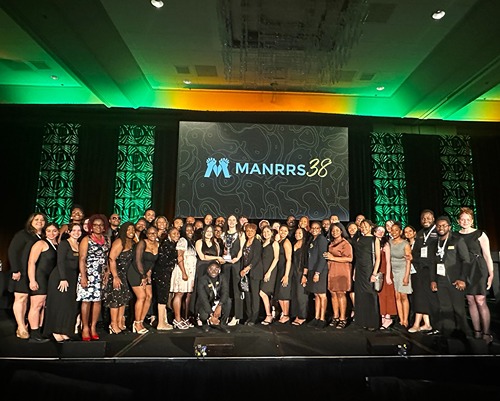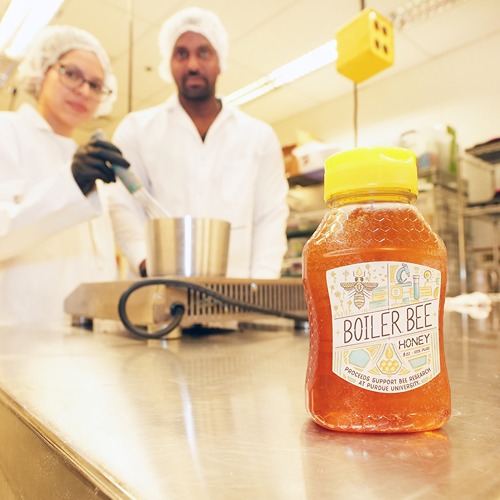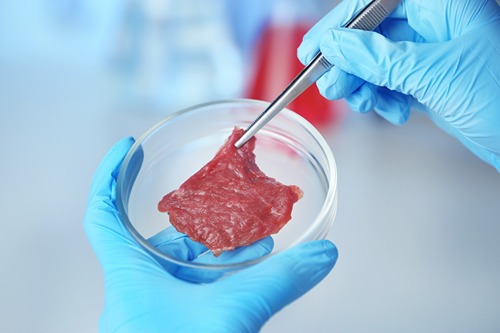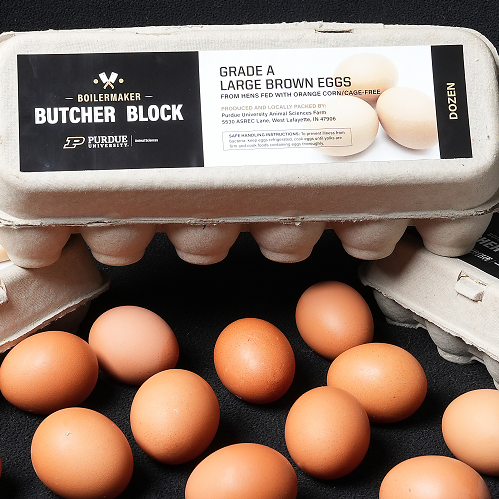Solutions for issues at the intersection of food, hunger, nutrition and health may not be far away from home. The Biden-Harris Administration hosted the 2nd White House Conference on Hunger, Nutrition, and Health, on September 28. The first conference took place in 1969.
This event focused on addressing five pillars used to identify actions on a federal, state and local level: improve food access and affordability, integrate nutrition and health, empower all consumers to make and have access to healthy choices, support physical activity for all and enhance nutrition and food security research.
 Senator Cory Booker (D-NJ), Sen Mike Braun (R-IN), Ambassador Susan E Rice, Rep. Jim McGovern (D-MA) in the opening plenary (photo courtesy of Haley Oliver)
Senator Cory Booker (D-NJ), Sen Mike Braun (R-IN), Ambassador Susan E Rice, Rep. Jim McGovern (D-MA) in the opening plenary (photo courtesy of Haley Oliver) The White House also announced a national strategy outlining ways to mobilize the public and private sectors. President Joe Biden led and spoke at the event. He has been involved with the Hunger Caucus and worked with Congressman Jim McGovern and Indiana Congresswoman Jackie Walorski, who passed away earlier in the year, on the issue of reducing national food insecurity.
Stakeholders working on issues related to hunger, nutrition and health, as well as recipients of various state and federal programs were in attendance.
Haley Oliver, 150th Anniversary Professor of Food Science at Purdue and director of the Feed the Future Food Safety Innovation Lab, was invited to attend the D.C. conference, specifically because of her leadership in the area of food safety research.
A collaboration between Purdue and Cornell universities, Feed the Future is a USAID-funded initiative. Oliver says, “The challenges we see in developing economies and in those environments are not that different than some of the food challenges we see in this country.”
She explains the importance of learning from the experiences of people from these countries to see what has and has not contributed to solving these issues. Sharing her main takeaway from the conference, she speaks to Purdue’s role in this effort. “We have the power of the land-grant machine, which I think is a great opportunity to leverage the model, and to use it maybe through a new lens.”
Oliver was recently named a Health Equity Faculty Champion by Purdue Presidential Fellow Jerome Adams. The program is aimed at building Purdue’s workforce capacity to address disparities in health equity and position Purdue as a collaborative, transformational and interdisciplinary leader in health equity across the nation.
The conference encouraged satellite events, setting the stage for a virtual town hall hosted by Food Finders Food Bank CEO Katy Bunder in Lafayette. Called “Hoosier Hunger,” the panel featured Emily Weikert Bryant, executive director of Feeding Indiana’s Hungry, and Jayson Lusk, Distinguished Professor and Department Head of Purdue’s Department of Agricultural Economics and director of the Center for Food Demand Analysis and Sustainability (CFDAS).
In addition to the pillars, they spoke about topics covered by a supplementary report from the United States Department of Agriculture (USDA).
Bunder started by asking panelists what they viewed as the impetus for the recent conference. Lusk cited the COVID-19 pandemic, and factors like uncertainty about food supply chain resiliency, an increase in demand for food through food banks and rising inflation
Panelists also tried to reconcile their varying measures of food insecurity. Bunder shared that she’s observed a major increase in food insecurity in recent months, with the number of people visiting Food Finders Fresh Market Pantry growing rapidly. Lusk countered, explaining that through his research with CFDAS, he has found that food insecurity has not had a major spike in recent months.
Bryant, who attended the White House conference as well, offered a possible explanation, “If you ask someone if they’re food insecure, are they taking into account that they’re getting food from a pantry or have SNAP benefits, and is that what’s making them secure? Or do they view that as being insecure?” SNAP refers to the Supplemental Nutrition Assistance Program.
She continued, “Folks don’t feel that they’re food insecure, maybe they feel they’re being impacted by inflation. And as a matter of caution, and that safety net, is where we’re seeing that those two things kind of don’t line up the way we would expect them to.”
Later, panelists agreed that the lived experiences of Hoosiers who face food insecurity, and who use food banks and programs like SNAP, are vital to center in such conversations. Bryant said, “One of the things the conference didn’t talk about is the root causes of how clients get put in these situations.”
Concerning the last pillar, Lusk and Bryant agreed that further research on nutrition and food security would help advance any potential strategies and conversations around these topics. Lusk said that CFDAS research revealed that, “We don’t have great data on what people eat away from home.”
Bryant said that there is a lack of research on BIPOC communities, as there are racial disparities in food access. She emphasized that moving forward, “Research is a good strategy because we won’t have answers otherwise.”

